Researchers affiliated with Germany's esteemed Fraunhofer ISE have conducted a groundbreaking study aimed at understanding farmers' perspectives on agrivoltaics, the innovative practice of integrating solar panels with traditional farming. Scheduled for publication in the May 2024 issue of the journal Applied Energy, the study sheds light on the factors influencing farmers' willingness to adopt this symbiotic approach.
Contrary to the narrative propagated by fossil fuel interests, which often depict renewable energy as a threat to agriculture, the study reveals that farmers view agrivoltaics as a promising solution to mitigate land use conflicts and enhance income stability. Traditional farming, fraught with uncertainties such as fluctuating yields and financial risks associated with high-tech equipment investments, stands to benefit from the predictable income generated by solar installations.
One of the study's key findings is that farmers perceive agrivoltaics as a means to secure a more stable income, providing them with the confidence to invest in their farms without fear of financial instability. Moreover, agrivoltaics offer protective functions against environmental challenges exacerbated by fossil fuel byproducts, such as excessive heat, flooding, drought, and wildfires.
Despite farmers' readiness to embrace agrivoltaics, the study identifies bureaucratic barriers and a lack of comprehensive understanding of the technology's protective functions as significant obstacles to widespread adoption. To overcome these challenges and promote the integration of agrivoltaics into agricultural practices, the researchers emphasize the need for further research, practical initiatives, and evidence-based advocacy.
In conclusion, the study underscores the interconnectedness of farming, renewable energy, and environmental sustainability. By harnessing sunlight as a form of farming, agrivoltaics present a viable pathway towards a more resilient and prosperous agricultural sector. Ultimately, the dissemination of scientific knowledge and practical solutions is crucial in empowering farmers and fostering positive outcomes for both the agricultural and energy sectors.



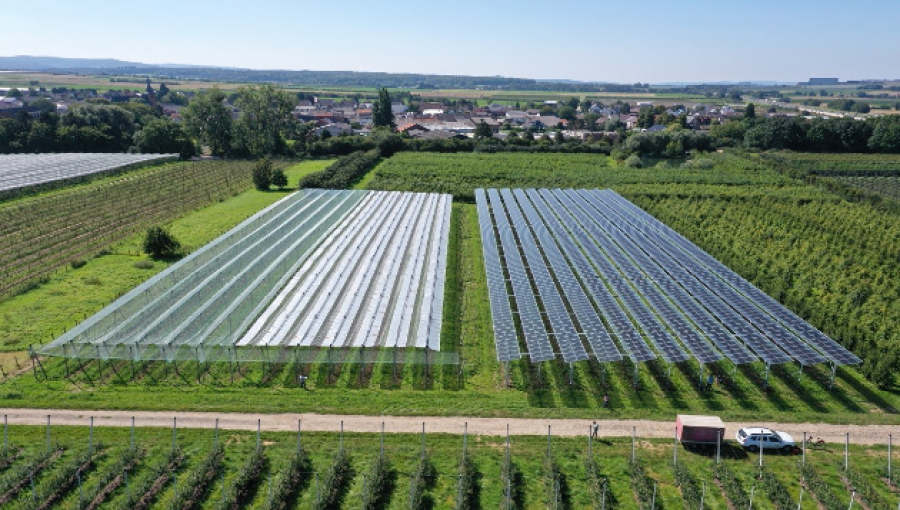
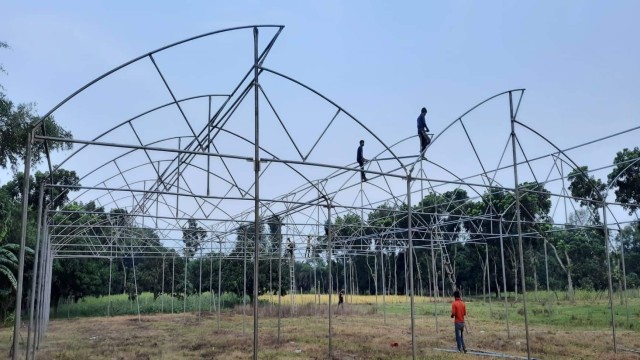
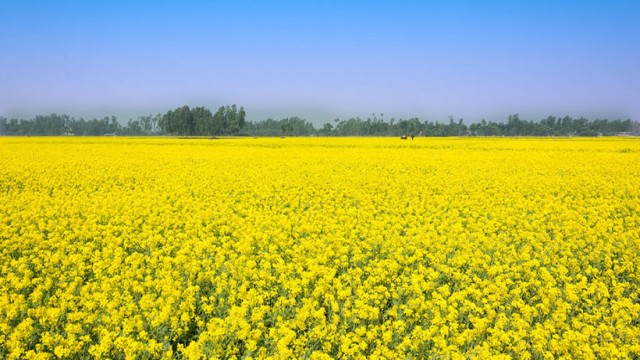
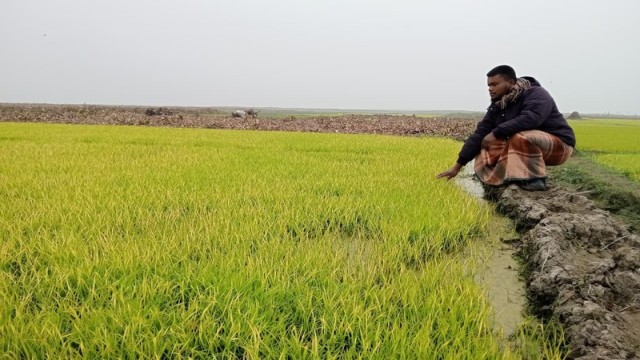
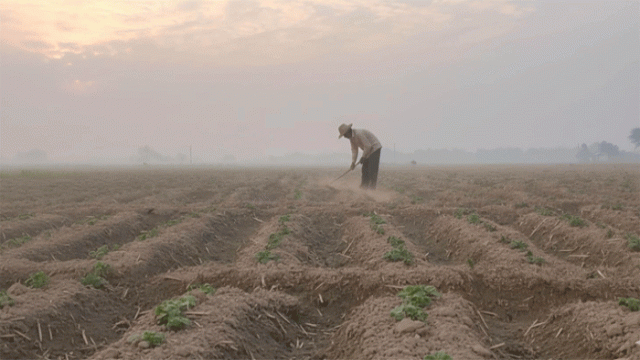
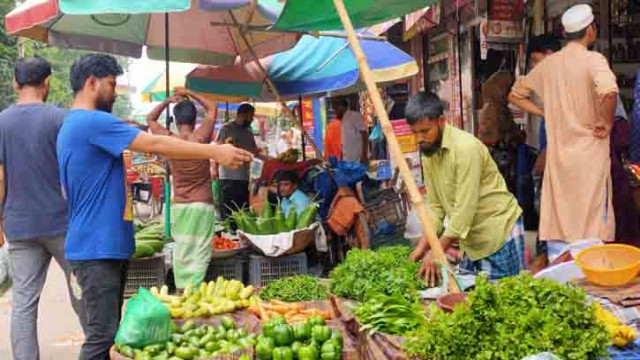
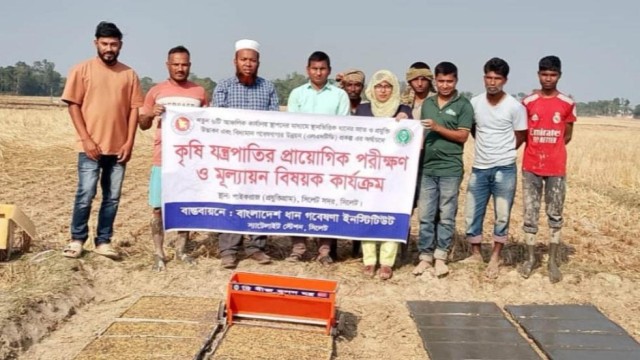
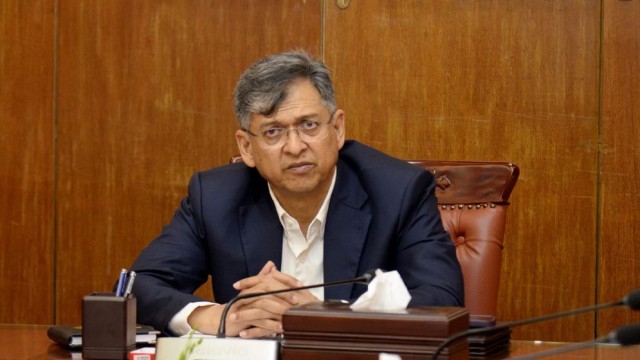







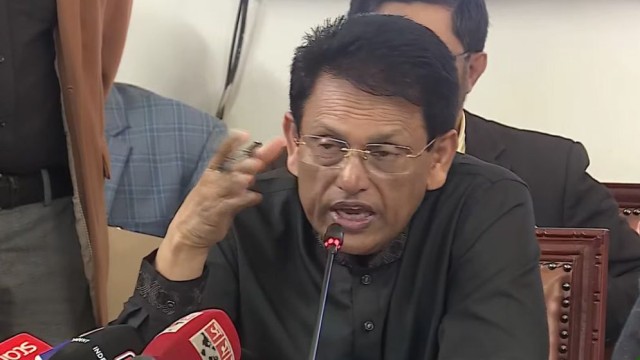
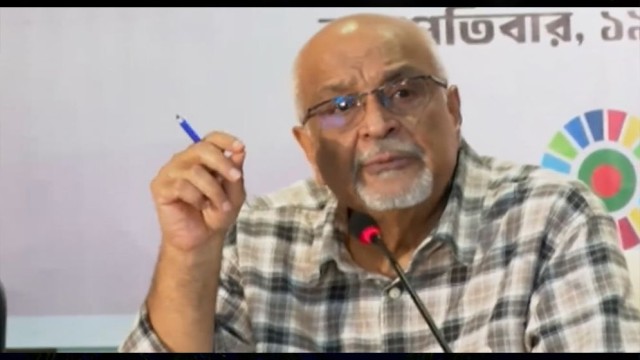











Comment: